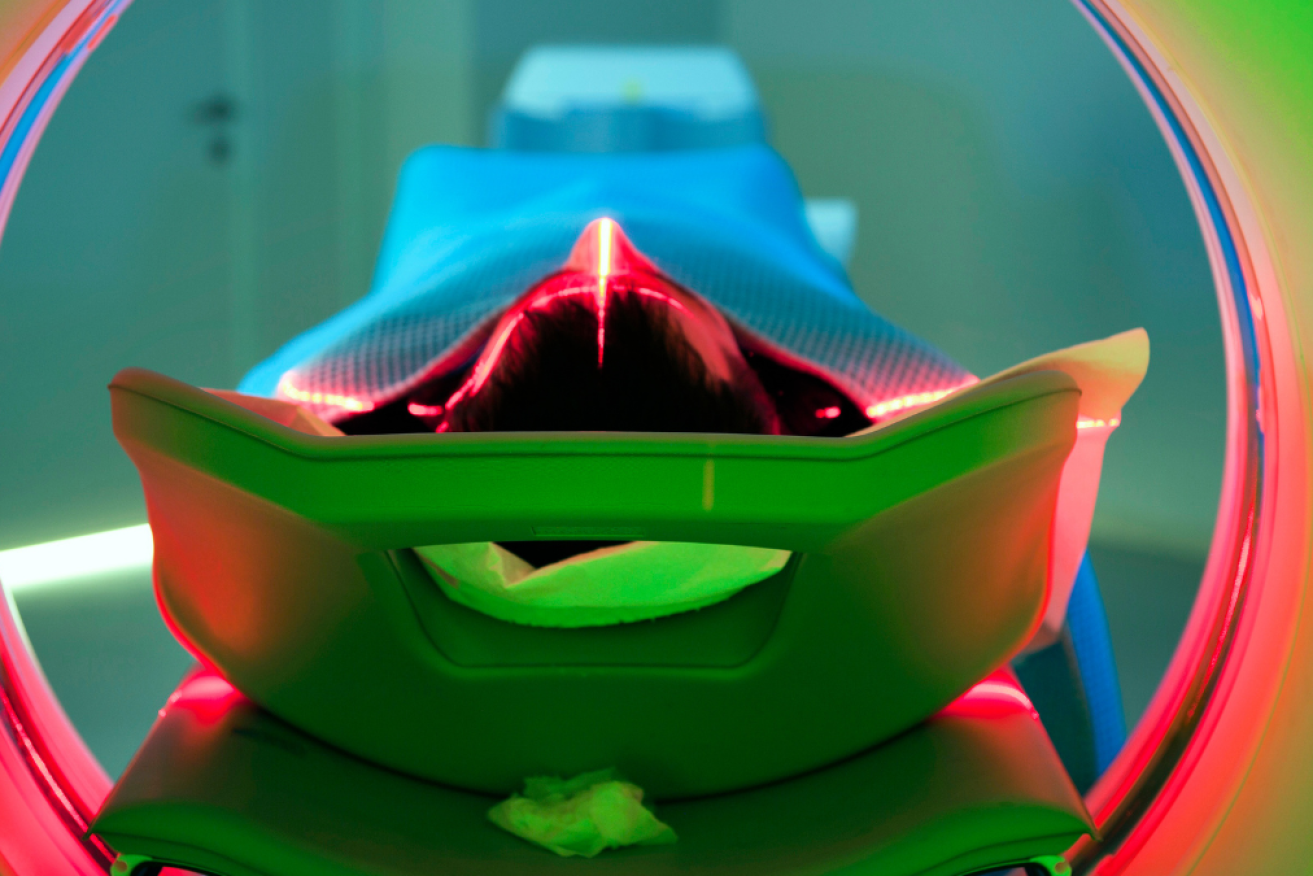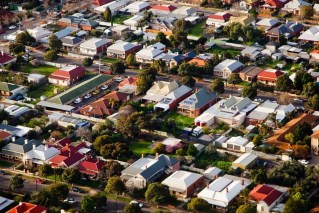Australia moves to future in biotech and medical technologies with billions in new investment


Australian companies are trying to make things easier for patients. Photo: Getty
Australia has for a long time had a reputation for living well thanks to our fortuitous supplies of mineral wealth, which are in demand around the globe.
But in recent years a new breed of entrepreneur has moved the country into the future with developments in the fields of medical and information technology, green technology and biotech.
The companies range from those in the venture capital and development stage to operators listed on the stock market that make profits for shareholders.
Just how big the startup sector has become in recent years is highlighted by Paul Naphtali, co-founder and partner of venture fund Rampersand.
“Back in 2013 the industry might have been investing $300 million a year,” he said.
“In 2021 that had jumped to $10 billion in Australia.”
Editor of industry newsletter Biotech Daily, David Langsam, said the sector is moving to a more commercial footing.
“Now 15 of the top 20 biotech companies have sales and revenue. They aren’t necessarily revenue positive but they do have commercial revenue. That wasn’t the case 15 years ago,” Mr Langsam said.
Imugene
One group in the medical field is Imugene, an ASX-listed company, which is developing a range of immunotherapy technologies that allow the body to track down and fight off cancer cells.
The company’s most recent breakthrough is a treatment known as oncolytic virus therapy.
This involves a natural virus being genetically modified to enter cancer cells and replicate itself.
The virus kills cancer cells while avoiding damage to healthy cells. It means that the cancer is treated with very limited side-effects for the patient undergoing treatment.
This treatment, along with some earlier developments, the company believes, can also help prime people’s immune systems against cancer, which will in turn make it more difficult for cancers to get to first base in the body.
Cancers being tested with the company’s treatments include lung, pancreatic, colon and colorectal.
Testing is progressing, but the company is a long way from seeing cashflows.

Imugene treatments turn the body against cancer.
Investors are still putting up cash to keep the wheels turning. It raised $95 million the financial year before last and another $80 million in September 2022.
CEO Leslie Chong said the latest funding round will “give ourselves an unimpeded runway to progress the numerous clinical trials that we have ongoing”.
Eventually that will “translate into shareholder value and improved patient outcomes”, she said.
Although there are still people prepared to put up cash to fund the group, a shakeout in the biotech sector has hit it hard.
Imugene is currently valued at $1.5 billion on the stock market, but it was worth $2.5 billion a year ago.
Eugene Labs
Another new operator is Eugene Labs, which brings genetic testing into the home for a range of conditions and uses.
CEO Kunal Kalro, who co-founded the group with medical scientist Zoe Milgrom, said they are inspired by the belief “that great health starts with your genetics”.
To that end they provide people with “seamless and actionable genomic health care”.
Eugene Labs provides people with the means to do a range of genetic testing in the home so they avoid the difficulty and time cost of going to hospital unnecessarily.
One test they offer is called carrier screening.
“It’s a test that is either done pre-pregnancy or in early pregnancy that helps people understand their risk of having a child with a serious genetic condition,” Mr Kalro said.
Once people are tested they can make decisions with the backing of their genetic and health professionals on how to prevent the passing on of genetic disorders, if that is possible.
If that is not possible then management of health and genetic issues can be planned.
There are also cancer and heart health tests available with everything done at home.
If people want to use Eugene Labs services they register on the internet for a saliva collection kit, fill in a detailed health survey online and send in their specimen for processing.
Eugene Labs sends these specimens to the appropriate labs for testing.
“We are not a laboratory,” Mr Kalro said.
However, it interprets lab results into understandable language for its users.
Eugene Labs’ automated processes mean that instead of a clinic seeing 3000 people a year “we can see 300,000 a year”. That is because people do the testing at home.
The business began in 2019 and is still being funded by investors who want to support its fast, early stage growth.
“We could reach profitability in 24 months, but we want to grow harder so we go out and raise more money to fund that,” Mr Kalro said.









